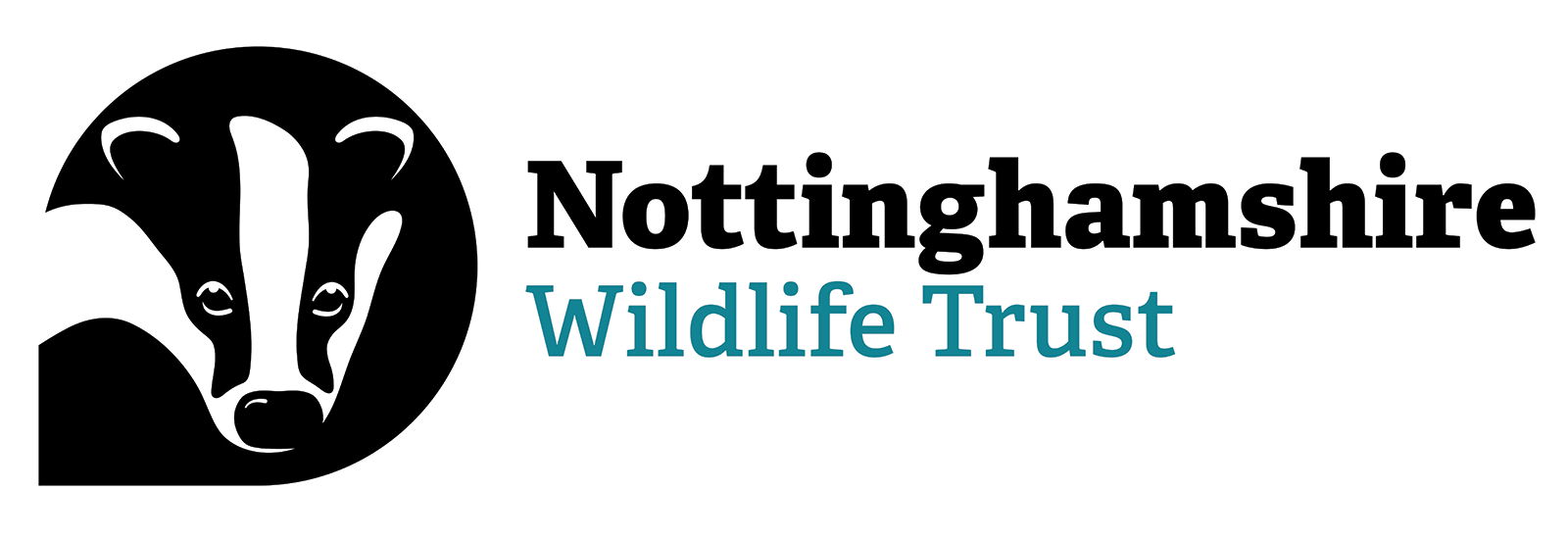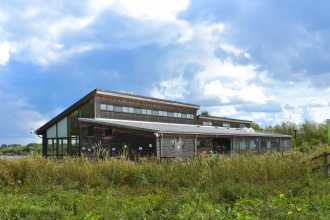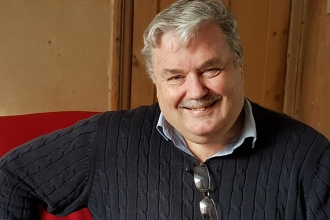Starlings migrate to the UK from the colder climates of Eastern Europe to join our resident populations. Each day as the sun sets, they join together in the sky to create hypnotising shapes that change in the blink of an eye. Thousands of people all over the country wait around in the cold just to see them. If you do put on your layers and head out to find them, there are a few things to remember…
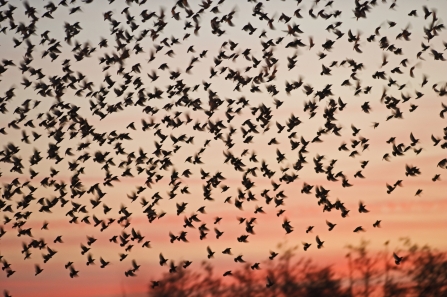
©David Tipling 2020Vision
- Wrap up very warm. Once you have been standing around for a while waiting for the first group of starlings to appear you’ll start to feel those cold January temperatures. Have a hot drink and a slice of cake in the café before you head down.
- You’ll spend a lot of time looking up, try to keep your mouth closed! Although the sight of thousands of birds above your head is jaw-dropping, try not to - there is a chance that you may get pooped on.
- Wait until the very end. The starlings at Attenborough have been murmurating for around half an hour each night. If you get cold and think you have seen enough, don’t hurry back to the car park (which will be kept open after 5pm), try and wait it out a little longer. The cascade of starlings into the reedbed below is almost as (if not more) exciting as the murmuration itself!
We are lucky enough to have starlings roosting at Attenborough Nature Reserve but once they have settled down in the reedbed for the night you may expect things to fall quiet. However, the starlings have some noisy neighbours. There is a flock of around 5,000 corvids (members of the crow family) roosting in nearby trees. These jackdaws communicate information about the feeding sites and are hard to miss. You may not see them once it gets dark but you’ll almost certainly hear them!
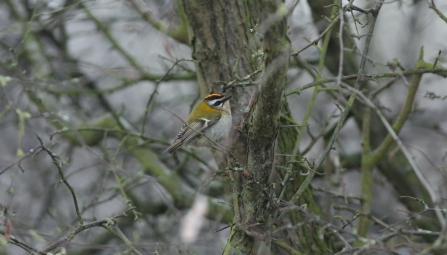
Rob Hoare
You may also notice as you drive into the reserve a few keen photographers eagerly waiting, not far from the railway crossing. But what are they looking for? Although a relative of the more common goldcrest, firecrests are a rare visitor to inland Britain with only 15 records at Attenborough since 1974. They are a tiny bird weighing around 6g, and yet make the long journey across the North Sea from Eastern Europe every year and are easily recognisable by the flash of orange on their crest.
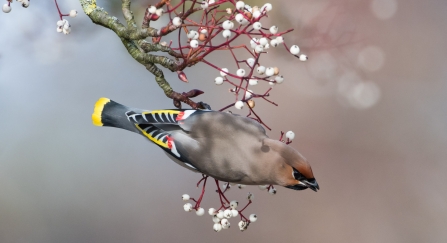
Donald Sutherland
Although Attenborough is a hub of birding activity at this time of year, there are plenty of other places worthy of getting your binoculars out for. There have been a few sightings around the county of the charismatic waxwings – most sightings have been in supermarket carparks! Keep an eye out for berry laden trees as they are the food of choice for hungry waxwings.
Idle Valley Nature Reserve is well known as a fantastic birding hotspot, but this winter an extra special species has been spotted. The hooded crow was last seen in Nottinghamshire in 1985 but has been seen at Idle Valley back in November, and again just last week.
It just goes to show that although the crisp chill of January may put some people off, many birds are seeking the relative warmth of our climate over the winter months which makes for some exciting birding. If you would prefer the warmth of the indoors then visit Idle Valley on 18th January (this Friday) to hear a talk from passionate naturalist and campaigner Mark Avery.
Mark is a scientist by training and a naturalist by inclination. He writes about, and comments on environmental issues. Mark Avery worked for the RSPB for 25 years until standing down in April 2011 to go freelance. He was the RSPB's Conservation Director for nearly 13 years.
This event raises funds for Nottinghamshire Wildlife Trust. All profits generated from tickets, books and refreshments go directly towards conserving wildlife in Nottinghamshire.
